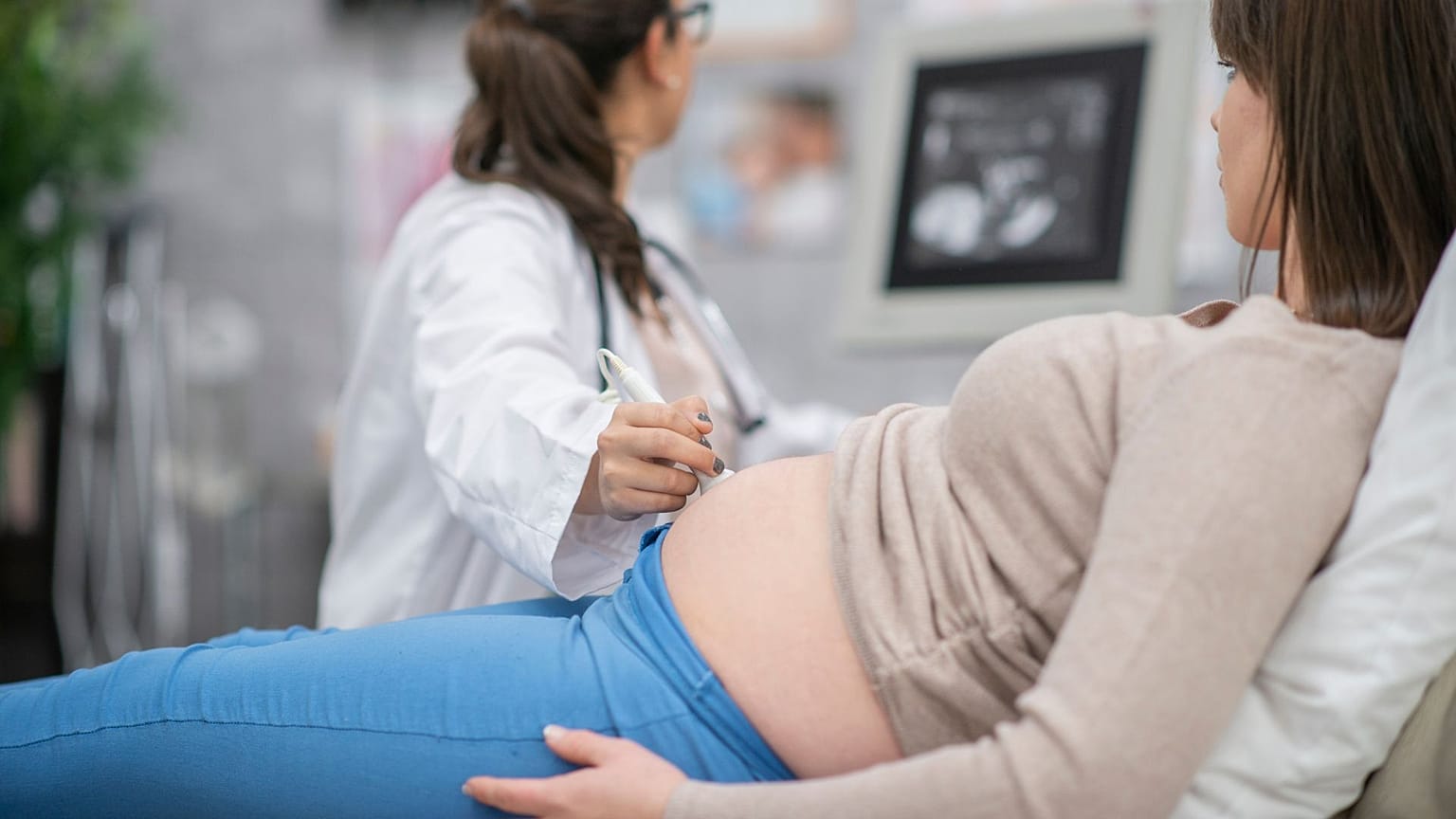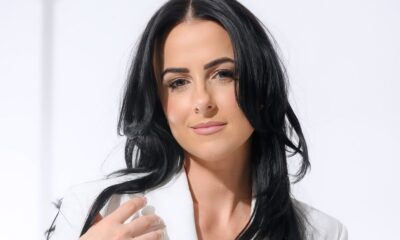Health
First Child After 30 Raises Postpartum Breast Cancer Risk

New research indicates that having a first child after the age of 30 significantly increases a woman’s risk of developing postpartum breast cancer. According to findings from Weston Porter, a professor of comparative oncology at Texas A&M University, women who have their first child later in life face a breast cancer risk that rises by 40 per cent to 45 per cent. This form of breast cancer, occurring in women under 45 years old within a few years of childbirth, tends to be more aggressive than other types, underscoring the need for early detection and specialized treatment.
Breast cancer remains a critical health issue globally, affecting approximately one in 11 women in the European Union and one in seven in the United Kingdom. In 2022, there were 2.3 million new breast cancer diagnoses worldwide, with 670,000 deaths attributed to the disease. The World Health Organization’s cancer research agency predicts these figures will increase in the coming decades.
Understanding Postpartum Breast Cancer Risks
The majority of breast cancer cases and deaths occur in women over the age of 45. Nonetheless, data shows that around 3.9 per cent of all breast cancer deaths in the EU involve women under 45. Potential symptoms of postpartum breast cancer include lumps in the breast, changes in breast shape or skin texture, nipple discharge, or persistent pain. Early stages may not present any symptoms, making awareness and vigilance crucial.
Porter’s research focuses on the biological mechanisms linking pregnancy and breast cancer risk. He explains that having a first pregnancy in the 30s leads to significant changes in immune response within breast tissue. “There is a change in the immune infiltration or inflammation that is occurring,” Porter noted. This change, particularly during lactation and the involution phase—when the child stops nursing—results in an influx of inflammatory cells, which can elevate breast cancer risk.
Researchers are investigating these changes to identify possible markers that could assist in improving treatment options. Interestingly, other studies suggest that pregnancy and childbirth may reduce breast cancer risk in older women. Porter’s findings indicate that for first-time mothers in their 30s, the risk increases shortly after childbirth before declining over the long term.
The Role of Childbirth and Breastfeeding
The number of children a woman has and her breastfeeding practices can also influence breast cancer risk. A meta-analysis published in 2020, which examined data from more than 50,000 women across 47 studies, found that each additional year of breastfeeding per child could lower breast cancer risk by over 50 per cent, from 6.3 to 2.7 cases per 100 women.
Given the heightened risks associated with pregnancies in their 30s, Porter advises women to remain vigilant. He recommends regular mammograms and self-examinations to detect any abnormalities early. The findings emphasize the importance of awareness and proactive health measures for women entering motherhood later in life.
By understanding the implications of age on pregnancy and breast cancer risk, women can make informed decisions about their health and wellbeing, contributing to better outcomes for themselves and their families.
-

 Entertainment3 weeks ago
Entertainment3 weeks agoAimee Osbourne Joins Family for Emotional Tribute to Ozzy
-

 Politics3 weeks ago
Politics3 weeks agoDanny Healy-Rae Considers Complaint After Altercation with Garda
-

 World1 month ago
World1 month agoHawaii Commemorates 80 Years Since Hiroshima Bombing with Ceremony
-

 Top Stories1 month ago
Top Stories1 month agoFianna Fáil TDs Urgently Consider Maire Geoghegan-Quinn for Presidency
-

 World1 month ago
World1 month agoGaza Aid Distribution Tragedy: 20 Killed Amid Ongoing Violence
-

 World1 month ago
World1 month agoCouple Convicted of Murdering Two-Year-Old Grandson in Wales
-

 World1 month ago
World1 month agoAristocrat Constance Marten and Partner Convicted of Infant Murder
-

 Top Stories1 month ago
Top Stories1 month agoClashes Erupt Between Far-Right Groups and Migrants in Spain
-

 Top Stories1 month ago
Top Stories1 month agoHistoric Dalkey Pub The Queens Reopens Under New Management
-

 World1 month ago
World1 month agoTrump Defends FBI Deputy Director Amid Epstein Files Controversy
-

 Business1 month ago
Business1 month agoSunshine 106.8 Boosts Irish Music After Regulator’s Request
-

 Politics1 month ago
Politics1 month agoTragic Crowd Surge at Gaza Aid Center Claims 20 Lives









